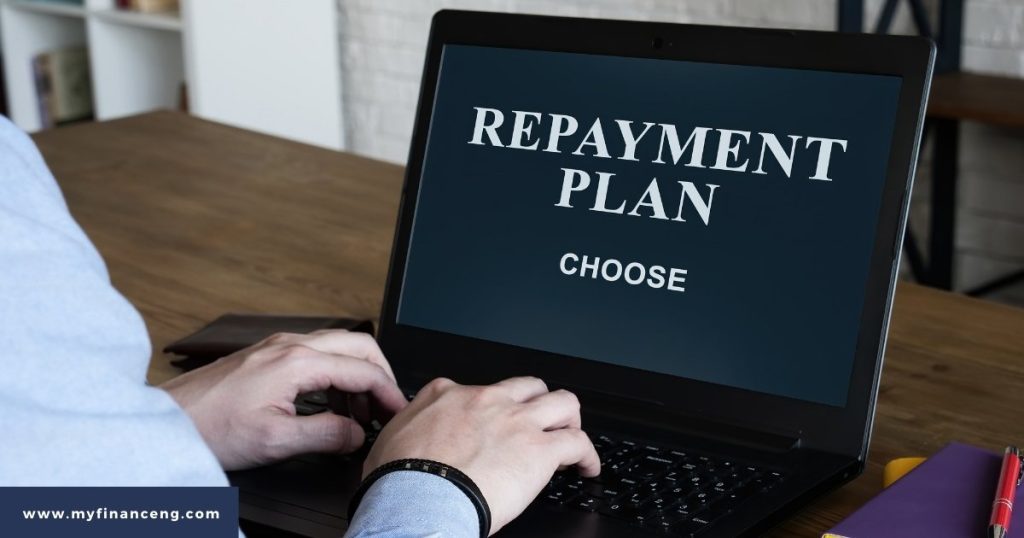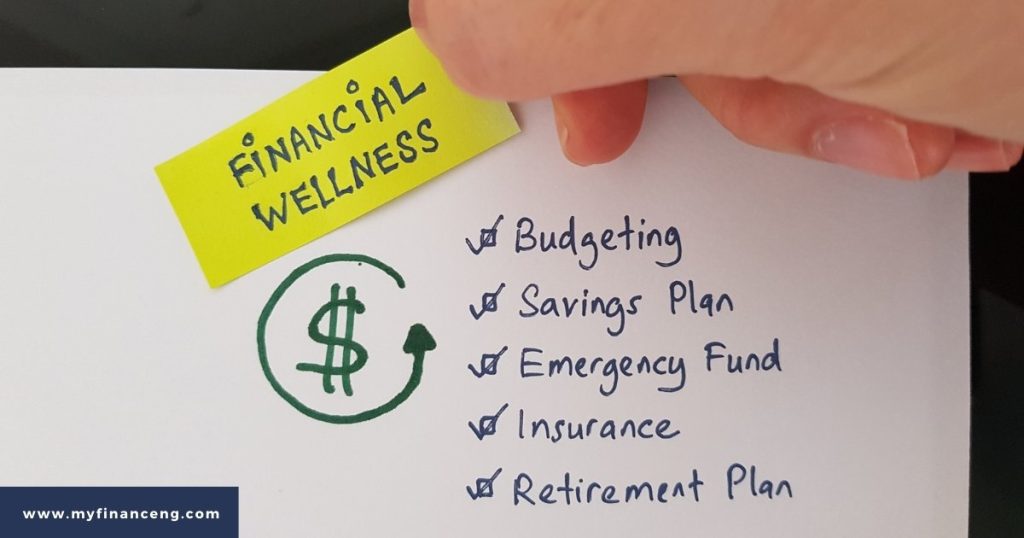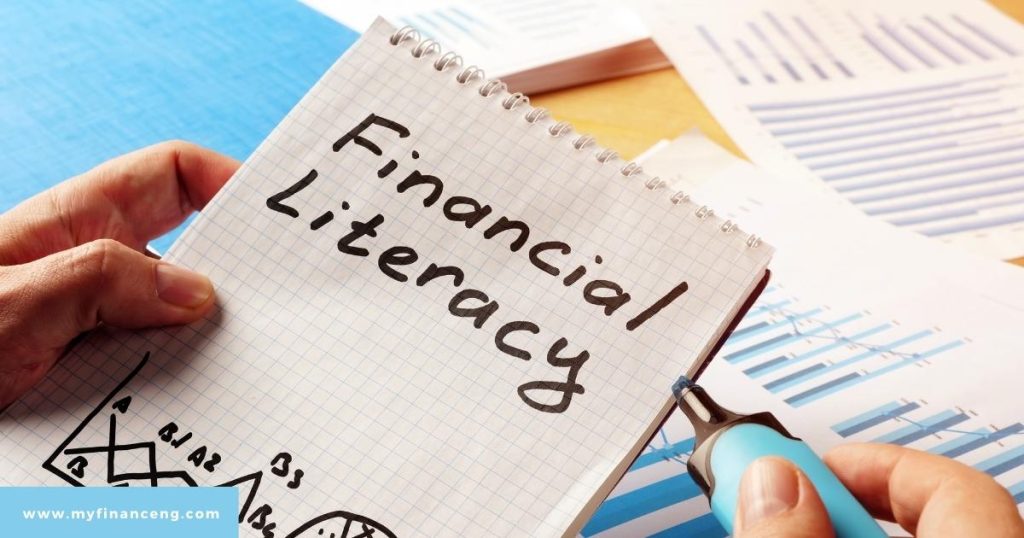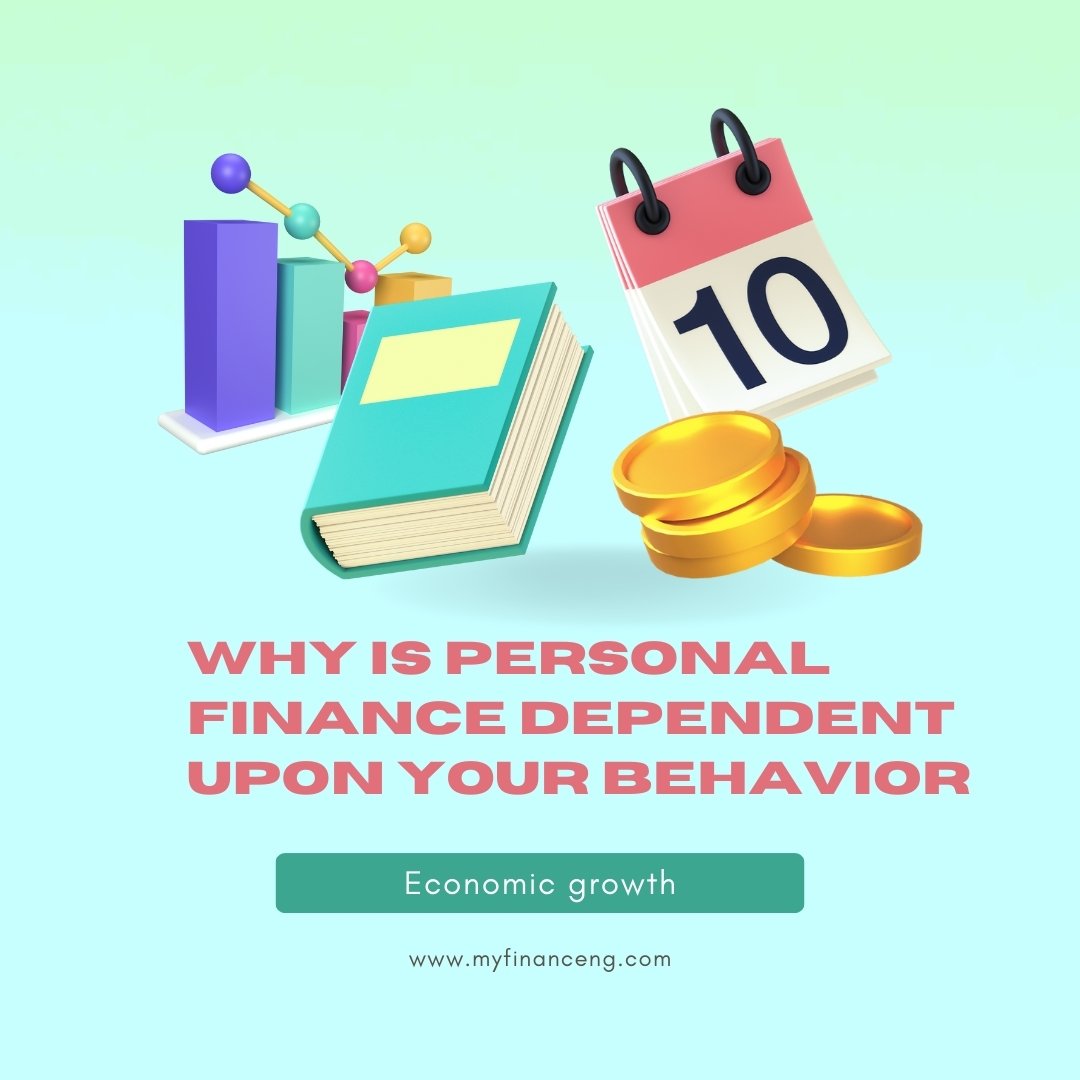Introduction
Discover Why Is Personal Finance Dependent Upon Your Behavior. Learn how money habits, psychology, and daily choices directly impact your financial success.
The first step to success in personal Finance isn’t income, bank accounts, or even credit scores. It begins with behavior. How you think, feel, and act around money has a massive impact on your financial path.
Daily habits — saving some percentage of your paycheck, avoiding impulse purchases, setting spending limits — create the foundation for your financial health. Without behavioral discipline, even a high income can disappear quickly.
The secret to mastering your money isn’t in the numbers—but in your mindset and your decisions because the way you behave influences your economic results more than any number ever could.
Carry the Way to The Psychology of Money: The Way You Think About Money Impacts Your Finances
Your financial mindset is an invisible architect behind your money decisions. How you manage your money is primarily based on whether you consider it a source of security, stress, or freedom.
A fear-based scarcity mindset can result in hoarding or over-cautiousness. An abundance mindset, on the other hand, encourages calculated risk-taking and long-term planning.
Behavioral economics has taught us how cognitive biases — confirmation bias, loss aversion — can interfere with our judgment. It’s key to recognize these tendencies.
Changing your view of wealth through a healthy money mindset is the key to creating lifelong, repeatable wealth-building behaviors regarding financial decisions.
The Silent Killer of Your Budget: Your Spending Habits
Unchecked spending tendencies frequently undermine even the best-laid financial plans. The appeal of instant gratification can lead to impulse buying driven by excitement, not need. So-called little daily expenses, like takeout, subscriptions, or impulse purchases, may seem insignificant but can total a substantial financial loss.
Behavioral research shows that people systematically underestimate their discretionary spending. Awareness is the key to reversing this trend. Track every expense.
Wait 24 hours before buying anything except essentials. Develop self-regulation skills. Flip Your Spending Behavior to Be Bully-Proof; you are controlling the silent leaks that seek to drain your budget.
The Savings Psychology: How Paying Yourself First Really Does Work
The key trait for financial success is paying yourself first. This is where the savings principle flips conventional spending logic: Rather than saving the remaining money after paying your bills, you set aside savings and then spend what’s left.
This behavior change sacrifices present enjoyment for future well-being. Automating savings, even if it’s a small amount, creates discipline and builds momentum. This approach leads to resilience and financial independence over time.
Saving for emergencies, retirement, and investing all require money to be put away regularly, which makes keeping a matter of routine rather than work — doing it regularly makes it a necessity, not something you have to think about.
Debt and Behavior: Balancing the Cycle of Borrowing

Often, it is a product of behavioral habits rather than underlying needs, such as debt. Emotional spending, lack of planning, and financial denial can lead to a vicious borrowing cycle.
They may borrow because they go into debt, borrow to support lifestyle choices, etc., and this causes balances and interest to balloon.
Escaping involves making intentional changes in behavior — tracking where money is spent, prioritizing payments, and avoiding new thralls to credit cards. Behavioral tools, such as the debt snowball or avalanche method, provide structure to repayment and ratchet up motivation.
Breaking free from the cycle of debt has little to do with math and much to do with habit change and establishing financial accountability.
Budgeting Like a Pro: The Discipline Behind Fancy-Pants Tools
Budgeting apps and digital spreadsheets are helpful tools — but they’re only as good as the habits behind them. No snazzy tools are going to create discipline or make decisions. When you are on a budget, it takes purposeful moves to ensure you are tracking your transactions, looking at what categories you are spending in, and avoiding unnecessary expenses.
The behavioral muscle of consistency that you build is more important than which app you pick. If you can simplify your budget to the two categories of fixed vs. variable expenses, this helps increase adherence and reduces overwhelm.
Becoming a master of your budget is about getting into the habit of building control, awareness, and proactive planning, far more than automated solutions, which are increasingly encoded into digital platforms.
Emotional Spending: Why Your Feelings Are Breaking the Bank
Emotions play a huge role in financial decisions that you’ll often regret. Impulsive purchases may be triggered by stress, boredom, sadness, or even joy. Retail therapy can be a soothing balm but one that binds you to an ongoing cycle of spending and paying.
Awareness of emotional spending behaviors helps reduce them. Keep a record of when and why you overspend.Learn healthier coping mechanisms (journaling, walking, enjoying hobbies, etc).
Then, financial affirmations or delay tactics, such as the 24-hour rule, can be used to interrupt the emotional stimulus. Instead, by eliminating the emotional response and replacing it with a mindful response, you make the decisions you want for your money instead of the alternative: you stop leaking money.
Delayed Gratification: The Superpower of the Rich
It is also a trait of financially successful people. It can delay immediate, small gratifications for bigger, long-term ones. Investing instead of spending now, skipping the yearly phone upgrade, making dinner at home, and choosing not to eat out—these are small decisions that will compound over time to break down the wall of financial growth.
In turn, this develops patience, resilience, and clarity of priorities. Taking the long view helps people remain true to their financial goals in the face of temptation. It’s not deprivation; it’s strategic restraint that opens the floodgates of future freedom and abundance.
Financial Planning: Actionable Steps to Achieve Your Dreams

Financial dreams are just vague aspirations without a plan. Behavioral success begins with a clear definition. Transforming vision into action is setting SMART (Specific, Measurable, Achievable, Relevant, Time-bound) goals.
Segment more extensive actions into smaller or bite-sized actions — build the $1,000 emergency fund before you make the $10,000 investment plan. Focus on internal experience rather than external feedback.
Use visual cues, charts, or reward systems to help you stay on track. Taking small steps toward goals — the most challenging part of financial planning — builds positive habits and propels you forward.
The Power of Habits: Little Changes = Big Money
Financial transformation is not a sprint—change comes from small acts done regularly. Habits such as tracking expenses, checking bank balances, reviewing credit reports, or automating savings may feel insignificant, but the influence is exponential.
These blips become your financial identity. Compound habits — repeated daily or weekly — build confidence and deploy friction in decision-making. Stacking it with a habit you already follow (like logging your expenses while brushing your teeth) boosts sustainability.
The aim is to make the right money moves feel like second nature. The easier it is to get to financial security, the more ingrained the habit.
Flowing: Social Influences: How Peer Pressure Impacts Your Finances
Spend like a VIP. Social comparison is a quiet yet potent driver of spending behavior. An impulse will want to keep pace with friends or social media trends, leading to overspending, debt, and unhappiness. From high-end trip packages to lifestyle upgrades, the desire not to miss out often precedes rational thought. Being immune to this influence comes with mindful awareness.
You are modeled on financial values and goals for yourself. Reduce exposure to materialistic triggers. You are surrounded by people in your life who have a common interest in working on financial wellness. When you are not driven by your peers, you can live your life how you want it to and within the budget.
The Nature Of The Human Mind And Why Should You Train Your Mind?
The two emotions that almost always rule the investment world are fear and greed. During downturns, fear leads to panic selling, and during booms, greed leads to irrational buying. These behavioral traps resulted in poor returns and a drain on long-term wealth.
Behavioral investing encourages discipline, diversification, and a long-term perspective. These strategies limit reactivity, avoiding panic based on sensational headlines and investing in tranches through these strategies (also known as dollar-cost averaging). Learn how to quiet your emotions to help make sound investment decisions.
The calmer and more informed your mind, the better you can navigate volatility. It’s pretty tricky for investing to be successful; it’s a direct part of your emotions and financial goals, and you shouldn’t chase trends.
Financial Literacy: The Danger of Information Overload

Understanding financial concepts doesn’t necessarily change behavior. Most people know about budgeting or debt risks but don’t do anything about it.
Our knowledge-behavior gap is real. Logic is often trumped by behavioral triggers — stress, temptation, or lack of structure, for instance. Intentional practice, accountability, and environmental design are necessary to bridge the gap.
Create reminders, employ cash envelopes, or recruit a financial buddy. Teaching must go hand-in-hand with practice. Embedding knowledge into your everyday life through simple actions ensures it stays with you and gets results in the real world.
Chapter 2 – Mindfulness and Money: The Power of Conscious Spending
Mindfulness is the practice of being fully present and aware — and it can be transformational as applied to money. Conscious spending involves making purchases that align with your values, goals, and priorities. Before making a purchase, ask: Do I need this? Does it align with my goals? Is this going to create sustainable value? This delay adds purpose and mitigates impulse purchases.
Notice unconscious patterns: Track spending. Be mindful of how you feel about money. On top of that, when you bring mindfulness into your financial decisions, you increase clarity, decrease regret, and harness your power to spend meaningfully.
What Influences Your Financial Behavior?
Our financial behavior is influenced by several things — how we were raised, the culture we have grown up in, our fears, our education, and our social environment. Grounded in childhood money experiences, those are mental scripts.
Cultural norms guide beliefs about appropriate behavior regarding saving, spending or investing. Emotional states affect urgency and risk tolerance. Subconscious decisions are made by peer-group interactions and social programming.
Understanding these influences allows you to challenge harmful patterns and develop healthier habits. The more you know what shapes your decisions, the more control you can exercise over your financial future.
What Percent of Your Personal Finance Is Based on Your Behavior?
It is said that personal Finance is 80% behavior and 20% knowledge. You don’t need financial wizardry — but you do need consistent, disciplined behavior. It’s not about knowing every type of investment; it’s about saving consistently, staying out of debt, and planning for the future.
This behavioral dominance explains how modest-income people can amass wealth while high earners sometimes can’t. How you act, not what you know, is where most of your financial success will come from.
Conclusion: Getting Your Behavior Under Control to Get Your Money Under Control
The most powerful thing that shapes your financial future is your behavior. It shapes the way you earn, spend, save and invest.
Tools, strategies, and knowledge are all useful, but without the proper habits and mindset, they’re useless. It all starts with self-mastery when it comes to financial mastery.
With an understanding of psychological drivers that influence your decisions and the development of disciplined habits, you have created a rock-solid bedrock to yield long-term success.
Join the behavior-first Economic growth movement—and witness your money aligning with your values and goals.
<script type="application/ld+json">
{
"@context": "https://schema.org",
"@type": "BlogPosting",
"mainEntityOfPage": {
"@type": "WebPage",
"@id": "https://myfinanceng.com/why-is-personal-finance-dependent-upon-your-behavior/"
},
"headline": "Why Is Personal Finance Dependent Upon Your Behavior for Success",
"description": "Discover Why Is Personal Finance Dependent Upon Your Behavior. Learn how money habits, psychology, and daily choices directly impact your financial success.",
"image": [
"https://myfinanceng.com/wp-content/uploads/2025/04/Why-Is-Personal-Finance-Dependent-Upon-Your-Behavior.jpg",
"https://myfinanceng.com/wp-content/uploads/2025/04/Behavior.jpg"
],
"author": {
"@type": "Person",
"name": "www.myfinanceng.com",
"url": "https://myfinanceng.com/"
},
"publisher": {
"@type": "Organization",
"name": "myfinanceng",
"logo": {
"@type": "ImageObject",
"url": ""
}
},
"datePublished": ""
}
</script>
